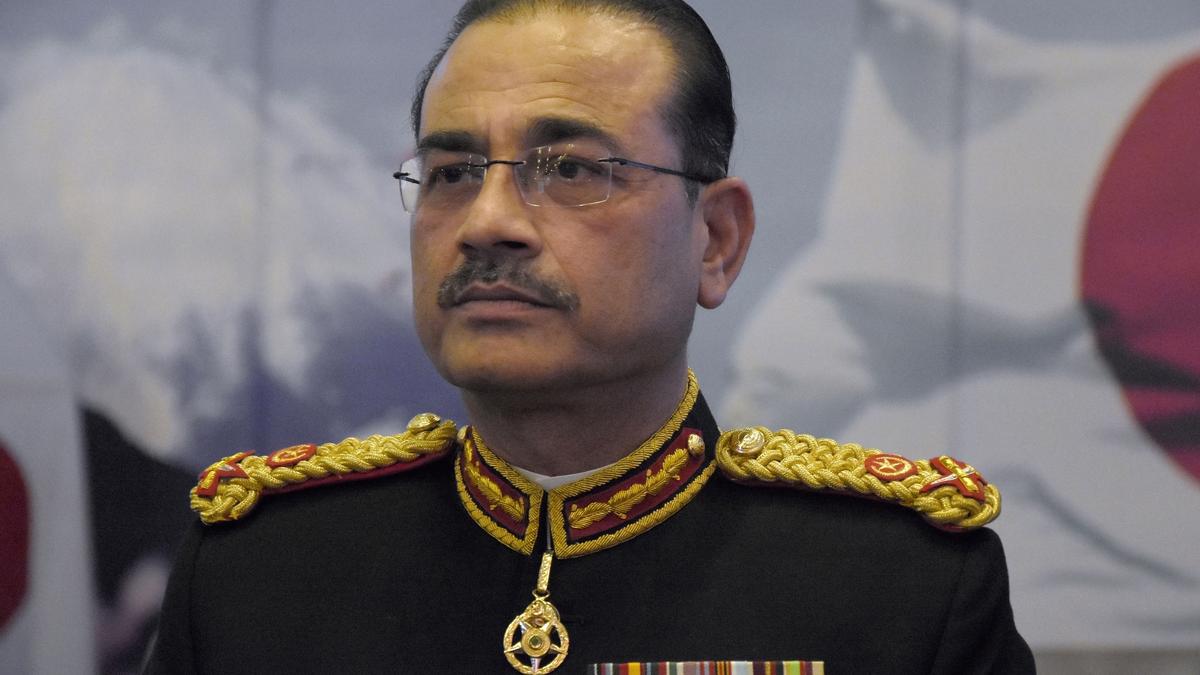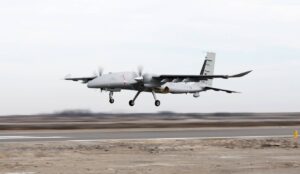This content is restricted to site members. If you are an existing user, please log in. New users may register below.
Pakistan’s Strategic Role in South Asia and the Middle East: An Analysis of Present Dynamics under Field Marshal Asim Munir

Reading Time: 4 minutes Pakistan’s geopolitical importance in South Asia remains pivotal in 2025, shaped by complex regional dynamics and deepening engagement with the Middle East. Since his appointment as Chief of Army Staff in November 2022, Field Marshal Syed Asim Munir has steered the Pakistan military through a period of tactical refinement, institutional reform, and enhanced regional cooperation. This analysis examines Pakistan’s current strategic posture in South Asia, its evolving Middle Eastern partnerships, and the implications of Munir’s leadership on national security and regional stability. Strategic Posture in South Asia The enduring rivalry between Pakistan and India continues to dominate South Asian security concerns. The Kashmir dispute remains a flashpoint, with sporadic ceasefire violations along the Line of Control (LoC) persisting despite bilateral ceasefire agreements, notably the 2021 LoC ceasefire that largely reduced major hostilities. However, incidents such as the 2019 Pulwama suicide bombing and subsequent Indian airstrikes in

